Pride Month has commenced and here at S/, we’re celebrating by listening to the resounding voices of Toronto’s LGBTQ+ community. What evolved from mass protests following the 1981 bathhouse raids has now become an integral part of Toronto culture with iconic events such as the Pride Parade taking place in the downtown core annually amongst a multitude of gatherings and celebrations. This Pride month, we want to emphasize the importance of gaining insight into the city’s LGBTQ+ community by chatting with five of its distinguished members.
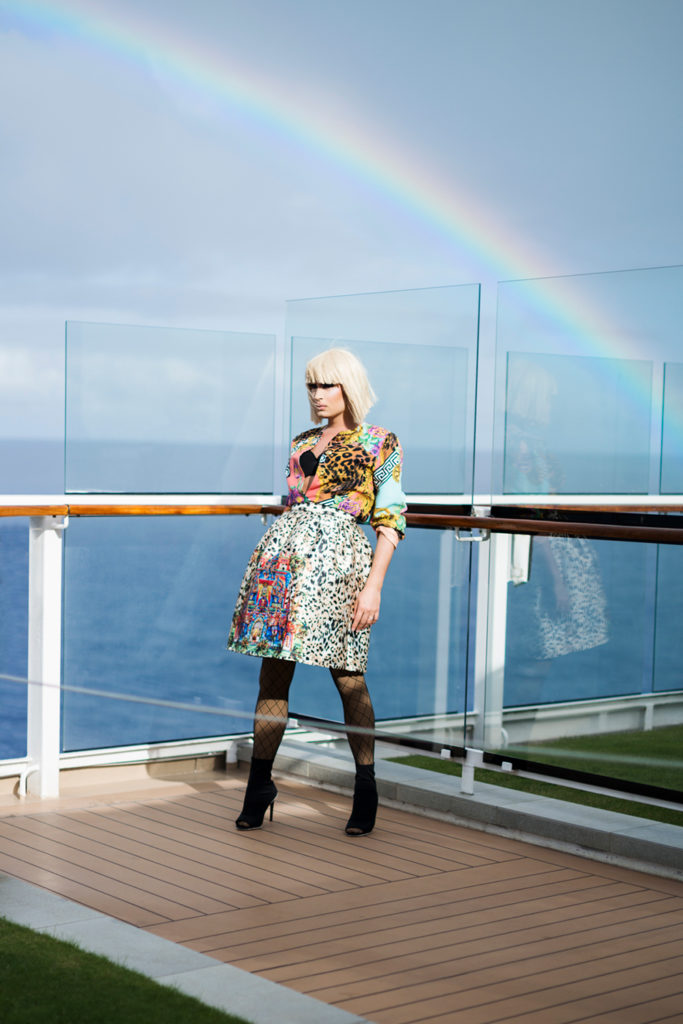
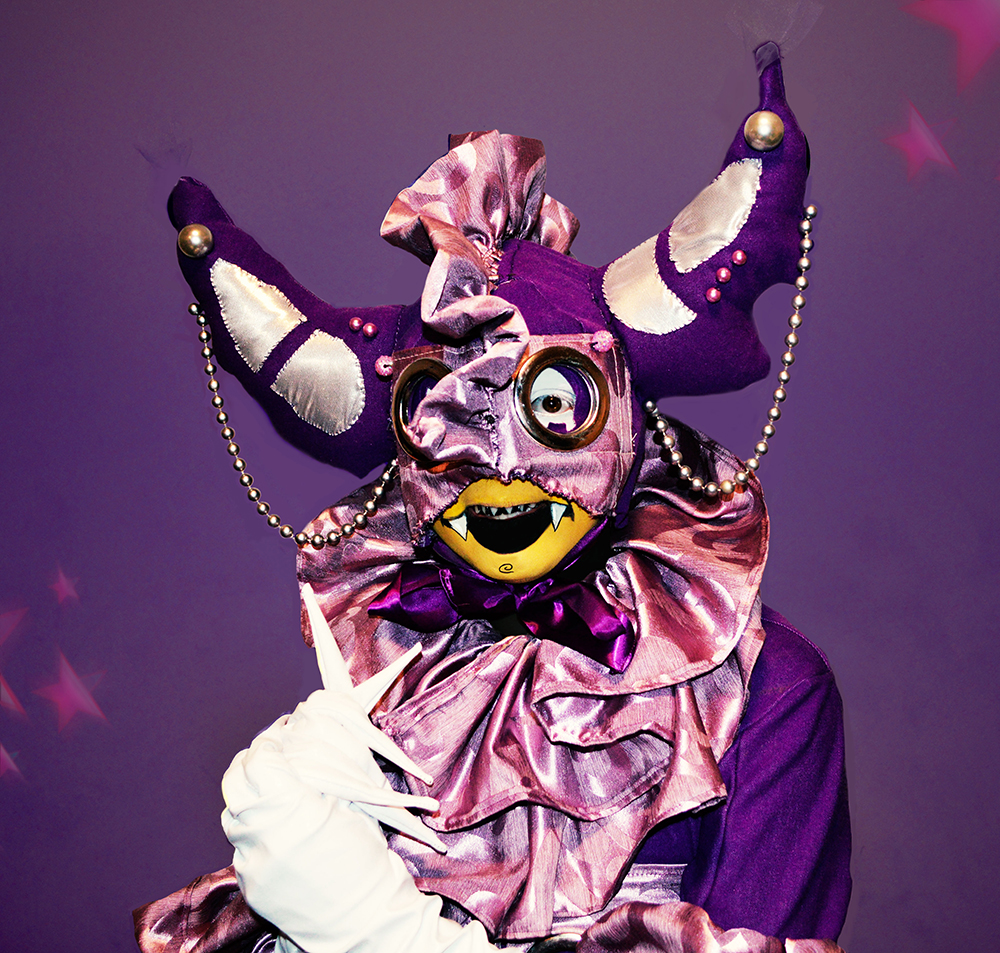
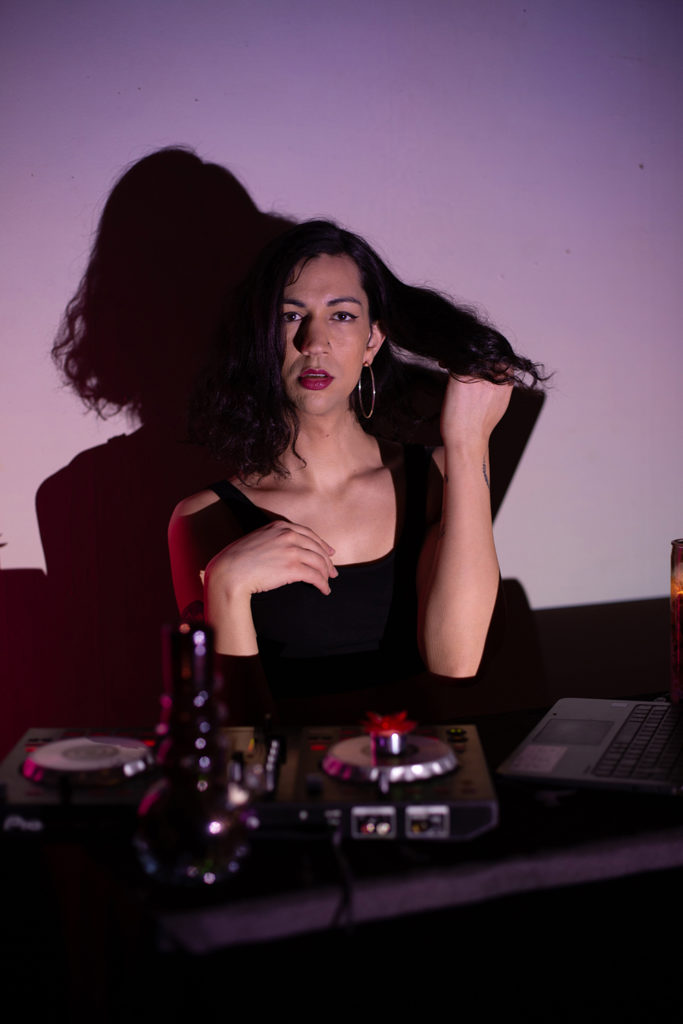
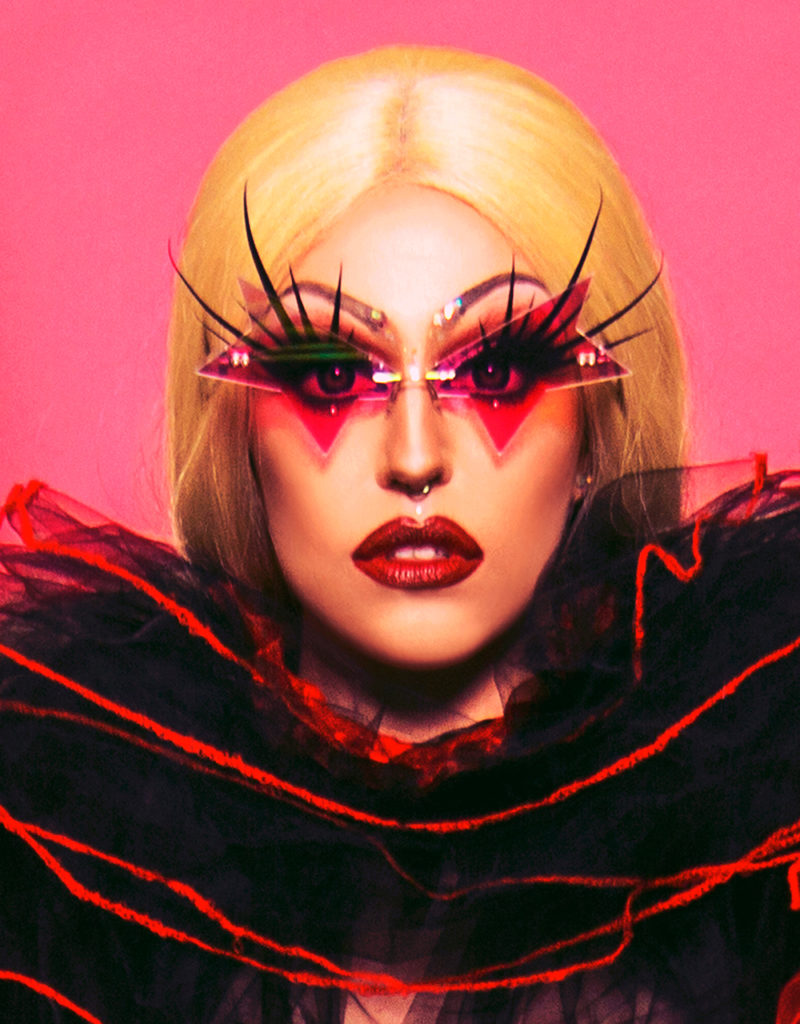
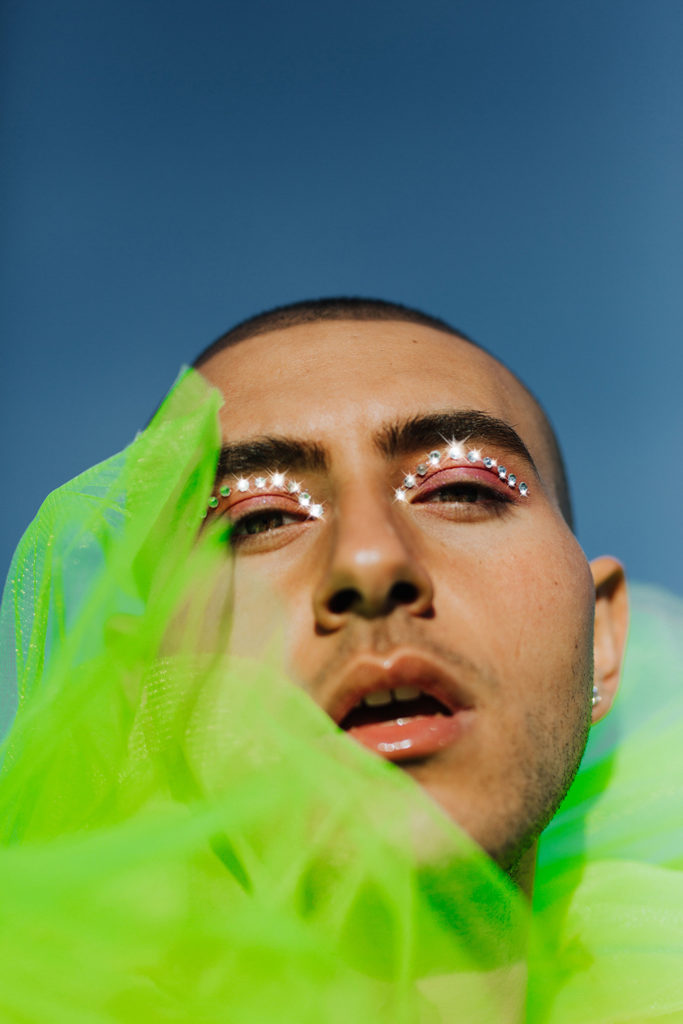
What does Pride mean to you?
Miss Moco: “Pride, to me, means living your life authentically and unapologetically.”
Become an S Insider
The latest in fashion, beauty, design, and arts & culture.
Yovska: “Pride to me means celebrating the diversity and history of the LGBTQ+ community. Whether you like to express yourself as a heel wearing goblin or keeping it a little more modest, it’s important to understand, respect, and value the beautiful uniqueness of individuals. Pride is a good reminder that we need to hold each other up and remember the histories and the present times where we are not always welcome.”
DJ Sofia Fly: “Pride’s the one time a year where I feel like I’m cool for being trans. The first time I went to Pride, I felt a peace I had never felt before because it was the first time I was in a crowd where I felt normal, like I fit in. For those of us living in homophobic/transphobic communities, Pride is a much-needed queer oasis. It’s the gateway drug for you living your best life. I now live in a very queer friendly community, so pride doesn’t quite have the same meaning it used to, and it often feels very commercial. But it’s still the biggest party of the year and a chance to see a lot of my out-of-town friends. It’s kinda like queer Christmas. You get to see your family and everyone is feeling wholesome AF, but all the ads can get annoying.”
Courtney Conquers: “To me, Pride is an opportunity to celebrate one’s authentic self with a group of like-minded people who have similar experiences, even if the details and nuances of those experiences vary from your own a little based on personal and social circumstances. Pride means being visible for a while, even if you’re a little less explicit about your identity the rest of the year, and hopefully being a little more safe in doing so than usual. Pride means showing up as a community and a mutual support system for those around you who have experienced discrimination based on sexuality, gender, and other intersecting points of identity. Pride means celebrating diverse, consensual love, sensuality, and sexuality. Pride means being unashamed. Pride means speaking up for deserved space in the world, even if you have to yell for it. Pride means showing other people who might identify similarly to you but are still exploring the idea or don’t feel ready to claim anything non-normative publicly yet that they are not alone, that support and community exist, and that there is nothing to be ashamed of.”
Mina Gerges: “The actual term ‘Pride’ holds significant meaning to me. To me, it means rebellion; it means making my own rules and living loudly and unapologetically. Growing up, my culture and religion instilled a sense of shame in being queer; we’re equated to pedophiles, predators, and told that we don’t—and shouldn’t—exist. As a gay Middle Eastern, North African, and Coptic man who expresses my gender fluidly and creatively, my reluctance to conform to standards of masculinity and gender expression have subjected me to unending bigotry and hatred online and offline. Bigoted members of my community will frequently ask, ‘Would your parents be proud of you for growing up into this? How do you live with yourself knowing what shame you bring to your family?’ So for me, taking pride in who I’ve become without compromising my Middle Eastern culture is an ongoing process of unlearning bigotry and toxic masculinity, embracing my femininity and queerness, and practicing radical self love. And doing all of this so unapologetically and boldly as a refusal to conform to the ongoing erasure of our queer Middle Eastern and North African community.”
What are some struggles that the community still faces today?
Miss Moco: “The LGBTQ+ community is still subject to discrimination all around the world, whether it’s unprovoked assault on the streets or targeted attacks on our community by persons in high positions of political power—all of which take away our sense of security of just living our daily lives.”
Yovska: “I feel that there is still a lot of prejudice within and to our community, whether it be transphobia, racism, and/or misogyny. There are still a lot of people in our community facing exclusion and even violence at high levels. It is important to realize and be aware that trans women, especially black trans women, in our communities are being murdered. While there have been advancements in the last few years, we still have a long way to go.”
DJ Sofia Fly: “It depends on what community we are talking about. If we are talking about our global LGBTQ+ community, then, my god! So much needs to be done, how about people stop killing us for starters! If we are thinking more Toronto, then I would say it is great that Canada has laws that protect us from discrimination, but don’t confuse that with Queer liberation. Many of our families still don’t accept us. A huge percentage of our population still holds homophobic/ transphobic views and a lot of well-meaning straight people still have no problem being friends with them. Equality isn’t an on/off switch that won’t even turn off once it’s flipped on. It’s a constant fight that you can lose if you stop fighting. Also, don’t confuse tolerance with acceptance. Tolerance means you’re just civil with me because of social pressure. Acceptance requires that you respect me, a whole lot of people out here just tolerate me.”
Courtney Conquers: “I think the LGBTQ+ community always has faced, and possibly always will face, a unique and complicated combination of struggles both externally and internally. In recent years, we’re clearly facing an upswing of normative and fundamentalist political action stroking a fire under limiting and constricting social ideas, which fosters a public climate that is less than welcoming to anyone living outside of hegemonic understandings of things like gender and sexuality. Things have definitely evolved and have become more accepting in recent decades, which is groundbreaking, but the fight against those who have the community silenced and brushed under the rug is far from over. I also think there are some internal issues that the LGBTQ+ community still needs to confront and address. Misogyny and trans* misogyny, among several examples, are still rampant in many spaces that are marketed as ‘welcoming for all’, rendering many events and venues, including occasionally those related to Pride Month.”
Mina Gerges: “While there’s been a lot of progress for the LGBTQ+ community, there’s still so much work to be done, both in Canada and globally, to ensure that all members of our community—especially those from more marginalized groups or those who express themselves differently—are accepted and feel safe to exist.”
What do you see for the future of the LGBTQ+ community in Toronto?
Miss Moco: “I see a future for the LGBTQ+ community in Toronto where more lines are blurred and less questions are asked.”
Yovska: “I’m feeling optimistic about the community, and I feel like there are stronger sentiments about spaces becoming more inclusive for the diversity in the city. For example, more venues have started giving spaces to drag kings, and the underground gay ball scene (from where I originate) has received more attention. To sum it up, I see inclusion and diversity as the future of the LGBTQ+ of Toronto.”
DJ Sofia Fly: “We are blooming and we will continue to bloom if Doug Ford would stop blocking the sun.”
Courtney Conquers: “For the LGBTQ+ community in Toronto, I see a future of continued strength and outspokenness, hopefully with even more authentic, wide-reaching acceptance of diversity within our own so we can be even better ambassadors of love and selfhood that we already are!”
Mina Gerges: “I want to see more support for LGBTQ+ creatives in Toronto. The reality is, the Toronto fashion and film industries don’t nurture queer talent adequately, especially for those of us who express ourselves differently, because it doesn’t seem ‘brand friendly.’ Every year around Pride, I find myself on industry panels where I’m asked this question, and every year my answer is that the LGBTQ+ community needs to be supported and celebrated every month, not just during Pride. And sadly, every single year, I’m left disappointed. Hopefully this changes moving forward.”
